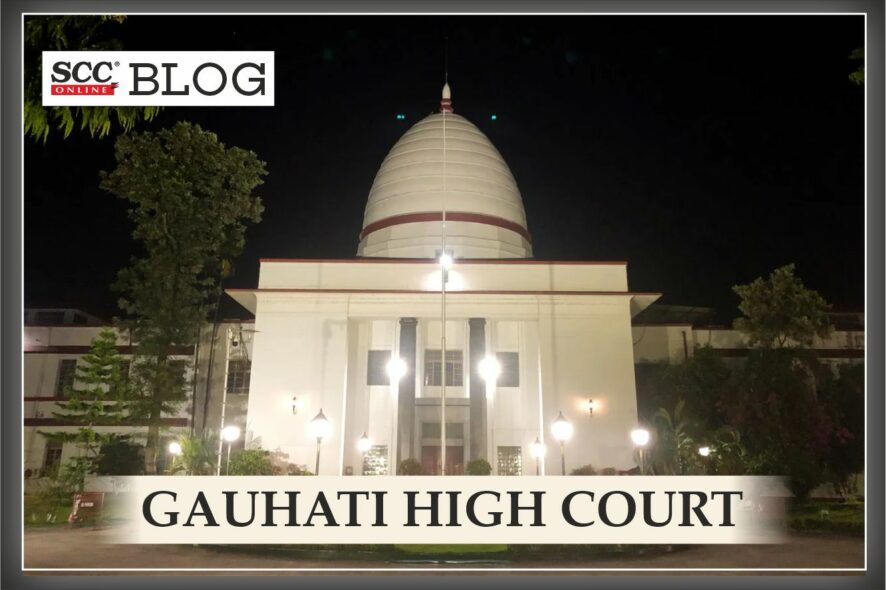Gauhati High Court: A bail application under Section 438 of the Criminal Procedure Code, 1973, (CrPC) was denied by Sanjay Kumar Medhi, J. to a petitioner for a case registered under Sections 21(c) and 29 of the Narcotic Drugs and Psychotropic Substances Act, 1985 (NDPS Act) and it was held that recovery or seizure of contraband is not a sine qua non for arrest, detention or conviction under the NDPS Act if there are other convincing and corroborating materials.
Background of the case
A Truck was intercepted near Jorabat and consequently in the search, 44,160 bottles of Eskuf cough syrup in 276 cartons were recovered without any documents. The psychotropic substance seized was sold by the agency run by the petitioner to a distributor of Karimganj district. An FIR against the petitioner was registered.
The petitioners contended that though the articles are psychotropic substance it would come under the exception of Section 8 (c) of the NDPS Act and transportation of the same with necessary documents is available under proviso to Rule 67(4) of the NDPS Rules and subsequent generation of bills can at best be violation of the GST Act and cannot be violation of the NDPS Act
The State contended that the very initiation of movement of the consignment involving a huge number of bottles in cartons which admittedly is a psychotropic substance under the NDPS Act, as the cough syrup contains a substance called ‘codeine’, amounted to an offence under the NDPS Act. There were anomalies / illegalities at different stages, including GST invoices. It was further submitted that offences under the NDPS Act, are part of organized crime wherein different roles are played by different accused.
Analysis and decision
The Court affirming the contention raised by the State, noted that, “offences under the NDPS Act are part of an organized crime wherein different roles are played by different accused persons.” Further, while determining the offence under the Act various factors are to be taken into consideration like the quantity of the contraband, nature of the substance, nature of involvement etc.
While mere recovery and seizure of psychotropic substance cannot be a ground of arrest or detention of the accused, until and unless, there is substantive evidence to prove the conviction, in the case at hand, the offence involved in this case is one under the NDPS Act and the quantity involved was a commercial quantity of chemical manufacture drugs.
Considering the law, coupled with the facts of the case, the Court observed that for purposes of bail under Section 37 of the NDPS Act, the petitioner should have satisfied the Court that he is not guilty of the offence, and he is not likely to commit this offence further. The same was not established by the petitioner. The Court noted that, since the very object of the NDPS Act is to curb the menace of drugs and its ill effects on the society which has the propensity to destroy the generation as a whole; therefore, the court, in view of the facts and contentions presented before it, rejected the petitioner’s plea for anticipatory bail.
[Amal Das v. State of Assam, 2022 SCC OnLine Gau 764, decided on 06-05-2022]
Advocates who appeared in this case :
AM Bora, Advocate, for the Petitioner;
PP, Assam.






